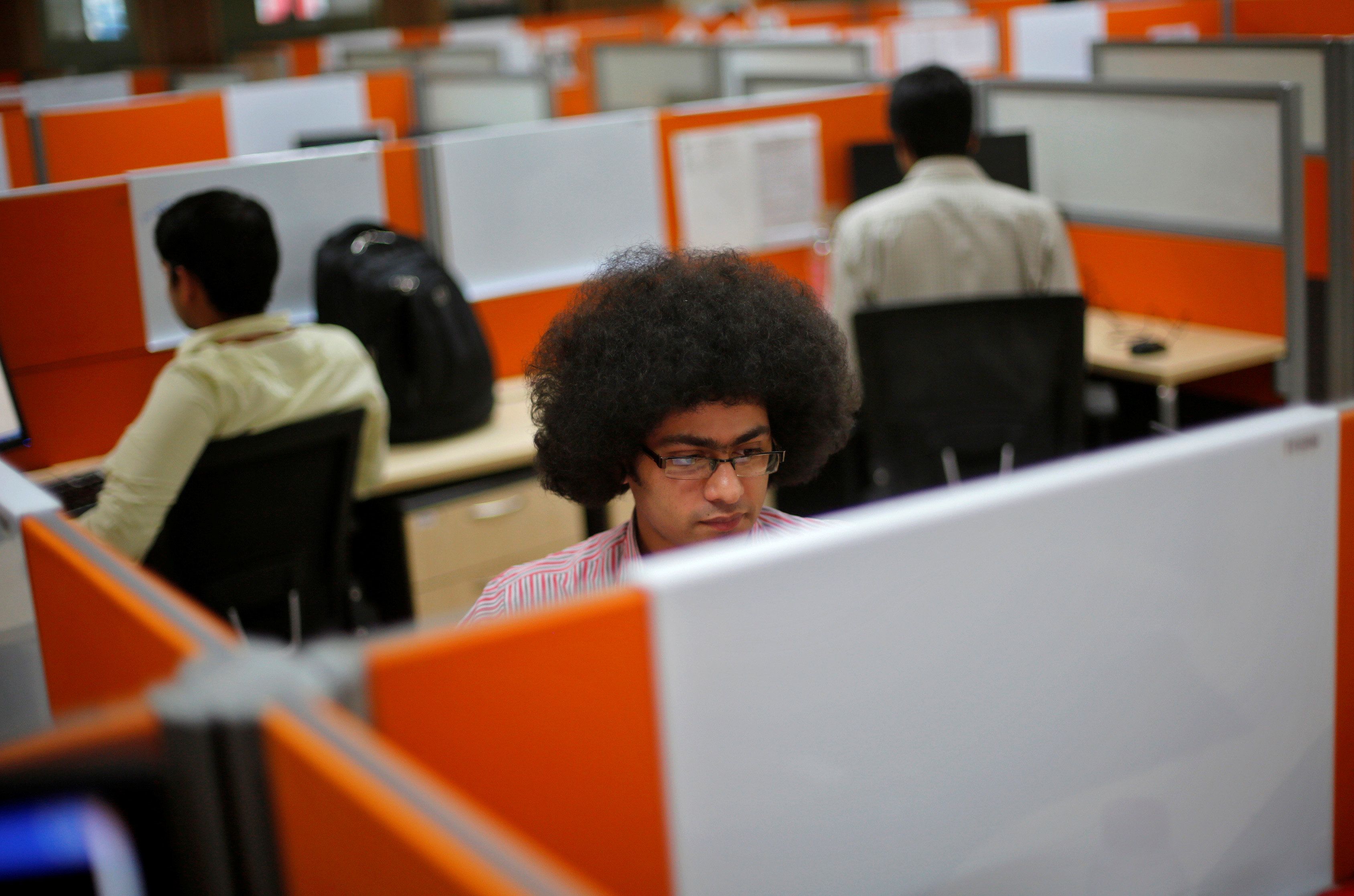The coronavirus pandemic has radically accelerated the adoption of digital technology in the global economy, creating an opportunity for millions of new businesses and jobs. However, it has also left millions jobless and exposed yet another vulnerability: hundreds of millions of people lack access to this technology.
To be sure, this divide was already present before COVID-19 struck. But unequal access to the internet and technology is going to make the multiple impacts of the pandemic much worse for offline and unskilled communities, among others. In fact, there is not a single global digital gap, but rather several ones that the coronavirus will likely exacerbate.
Rich vs poor countries. Although more than half of the world's population is now online, internet access remains quite low throughout the developing world, where connectivity is largely expensive, slow and unreliable. This means a vegetable trader in Nairobi, for example, may use basic mobile phone payments but cannot expect to sell his produce online because most of his buyers are neither online nor aware of e-commerce.
In developing countries, governments lack the funds and private companies the financial incentive to invest in broadband for all. The economic crisis triggered by the pandemic will further discourage betting big on digital infrastructure plans where they are most needed, so the digitalized world will speed ahead in the fast lane while 3.2 billion unconnected people remain stuck.
Skilled vs unskilled workers. For some, COVID-19 has radically transformed the nature of learning and work, as technology now allows both to be done remotely. This may become the norm in certain societies after the public health crisis has passed.
Microsoft predicts that a pandemic-fueled quantum leap in global tech adoption will create 149 million new digital jobs by 2025. However, those jobs require tech skills that almost no one who has lost a job due to COVID-19 can acquire fast enough to benefit from the future digital hiring spree.
Women vs men. More men than women use the internet in all regions of the world except in the Americas. The digital gender gap is actually growing in some parts of the world, and almost nowhere is it more glaring than in India, where conservative attitudes in some parts of the country ban women and girls from using smartphones or social media.
Unless urgent measures are taken, women will miss out on many of the new job opportunities because they are less likely than men to own a smartphone or have access to the web. The pandemic will thus exacerbate gender discrimination, a violation of a human right.
Urban vs rural communities. Experts believe 5G networks will be a game-changer by massively expanding data download and processing speeds for driverless cars, smart cities, and connected factories. That will be the case for cities, where this technology is already available.
Rural areas, however, will be much slower to adopt 5G — and attract the new jobs this technology will enable — because it is more expensive to install when communities are less dense. Even in the US, the world's largest economy, rural states like West Virginia already feared they would have to wait years or even decades to get 5G networks before the pandemic. Now, they may be left even further behind.
Bottom line: COVID-19 has plunged the world into the worst economic crisis in a century, while also accelerating the digitization of the workplace. People who can already learn or work remotely — and have or can pick up the skills needed to land the new digital jobs — will thrive. Those who don't have laptop jobs or can't land them, and who don't have access to virtual education or work, will have a much harder time.
